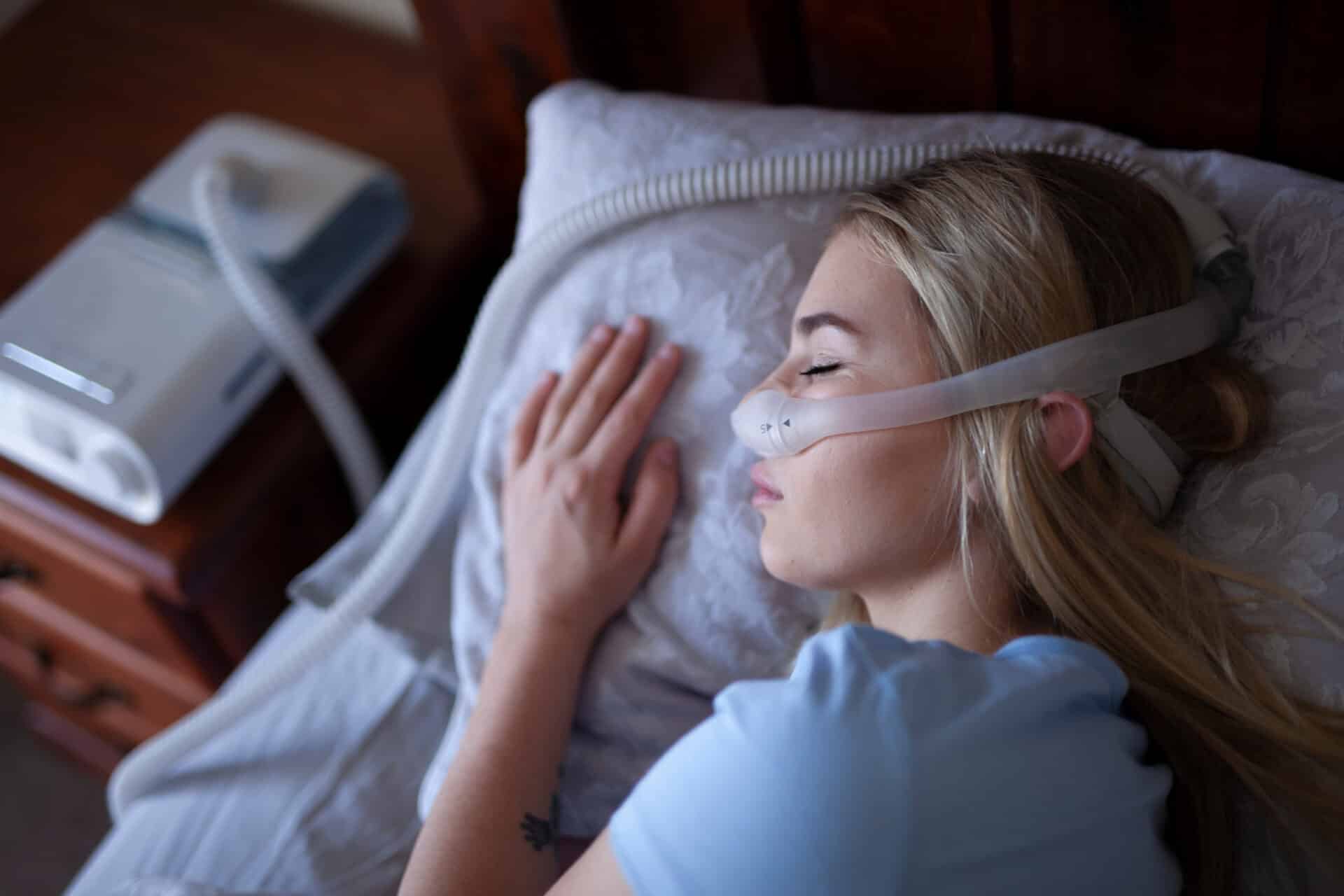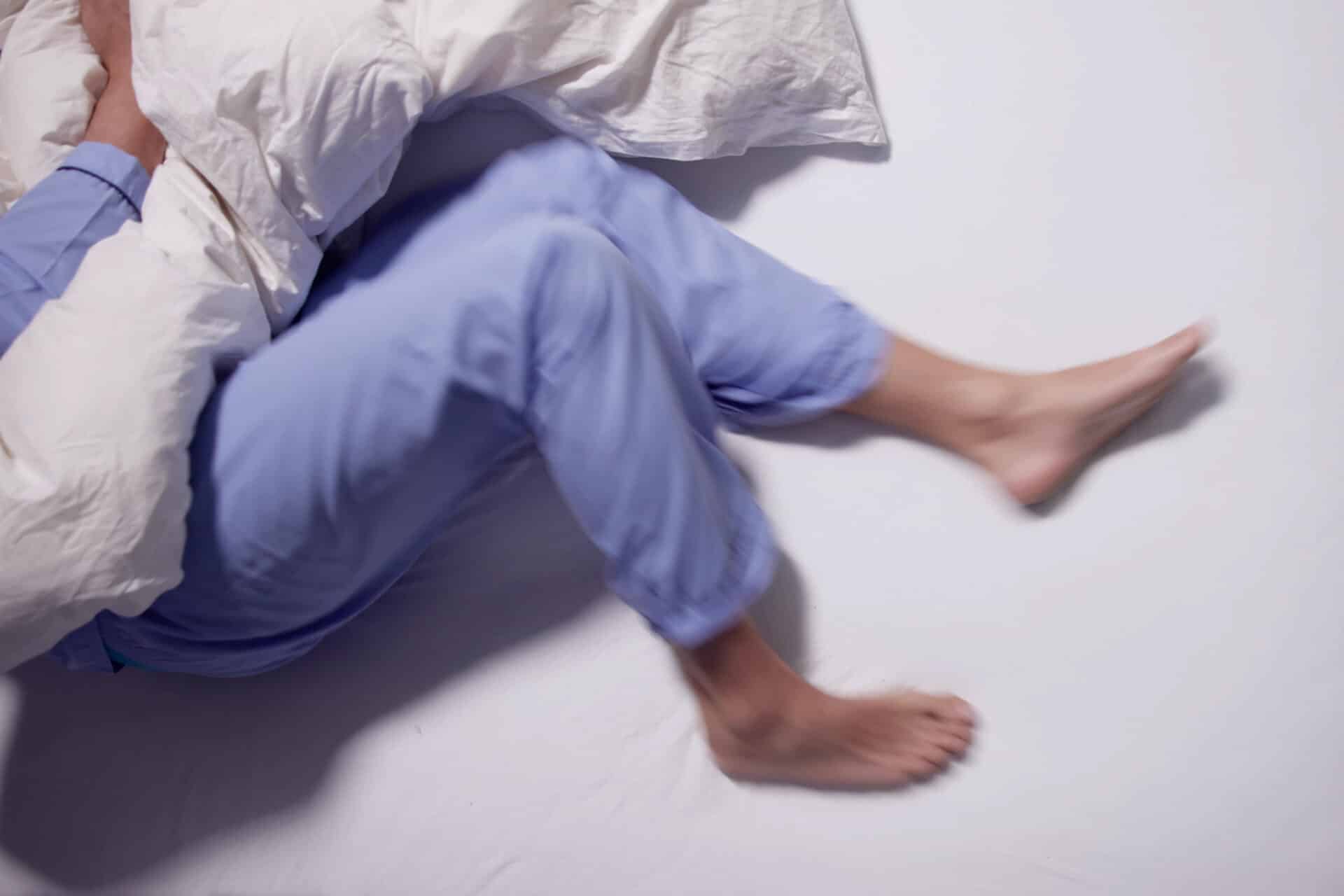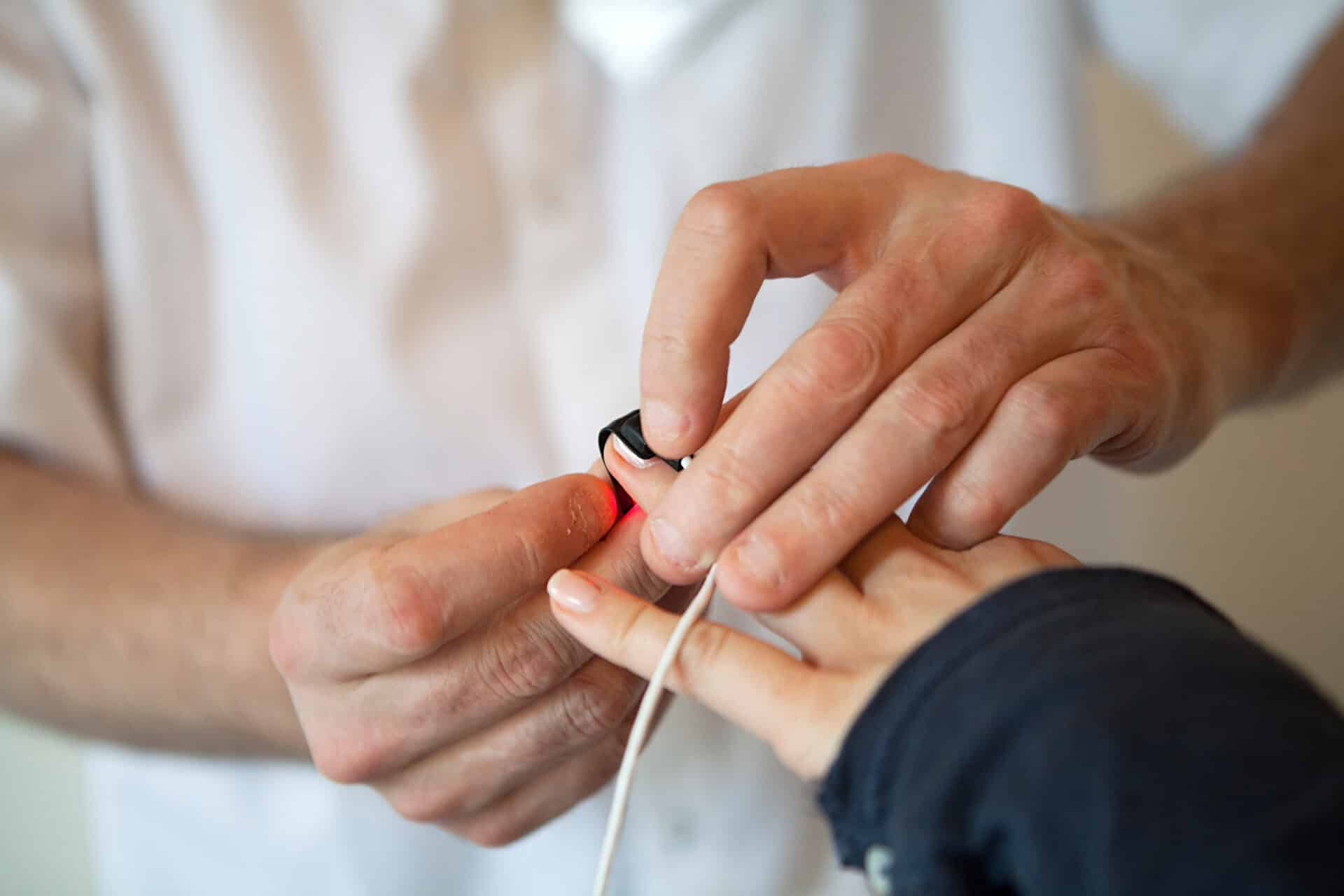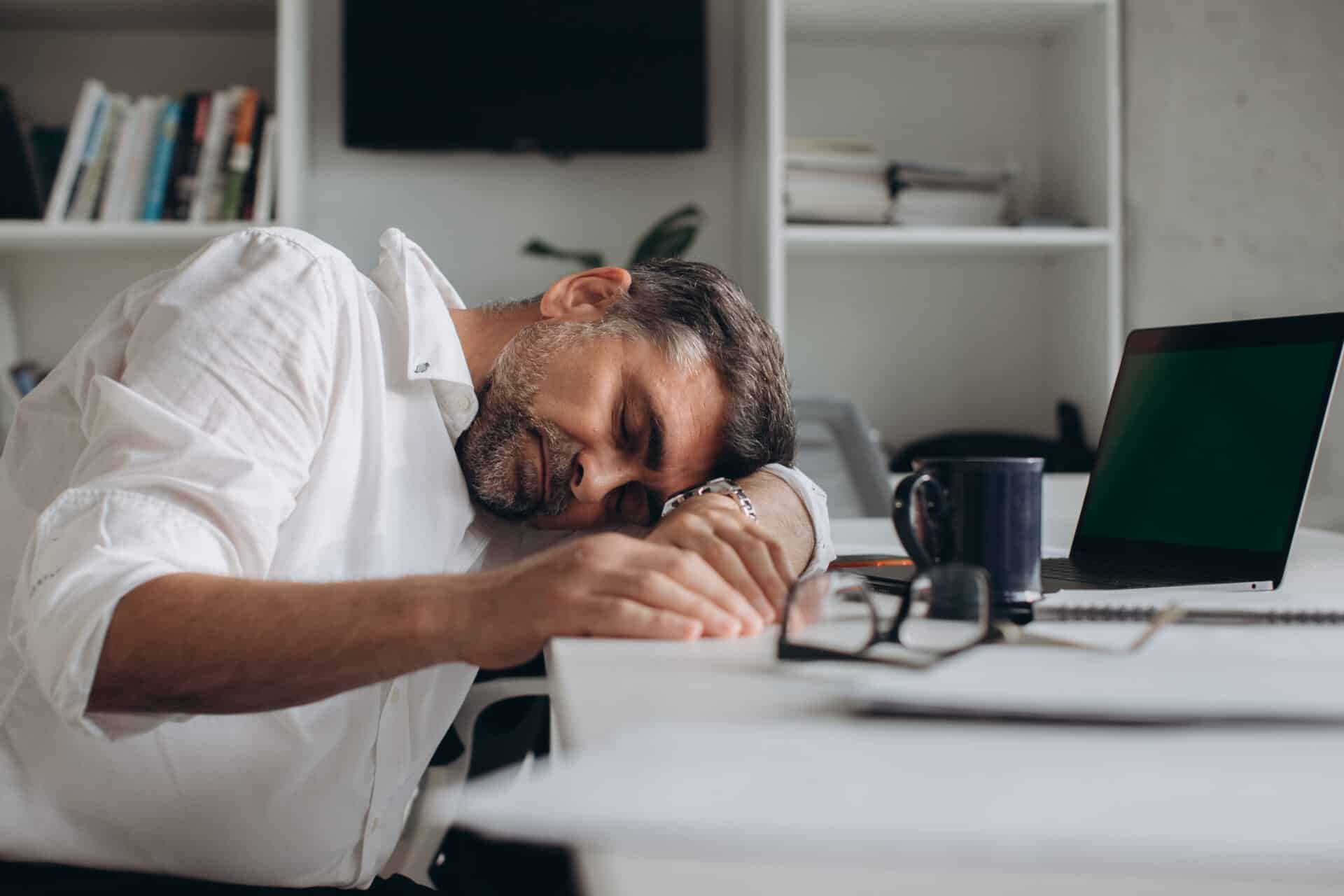Can’t Sleep? You’re Not Alone.
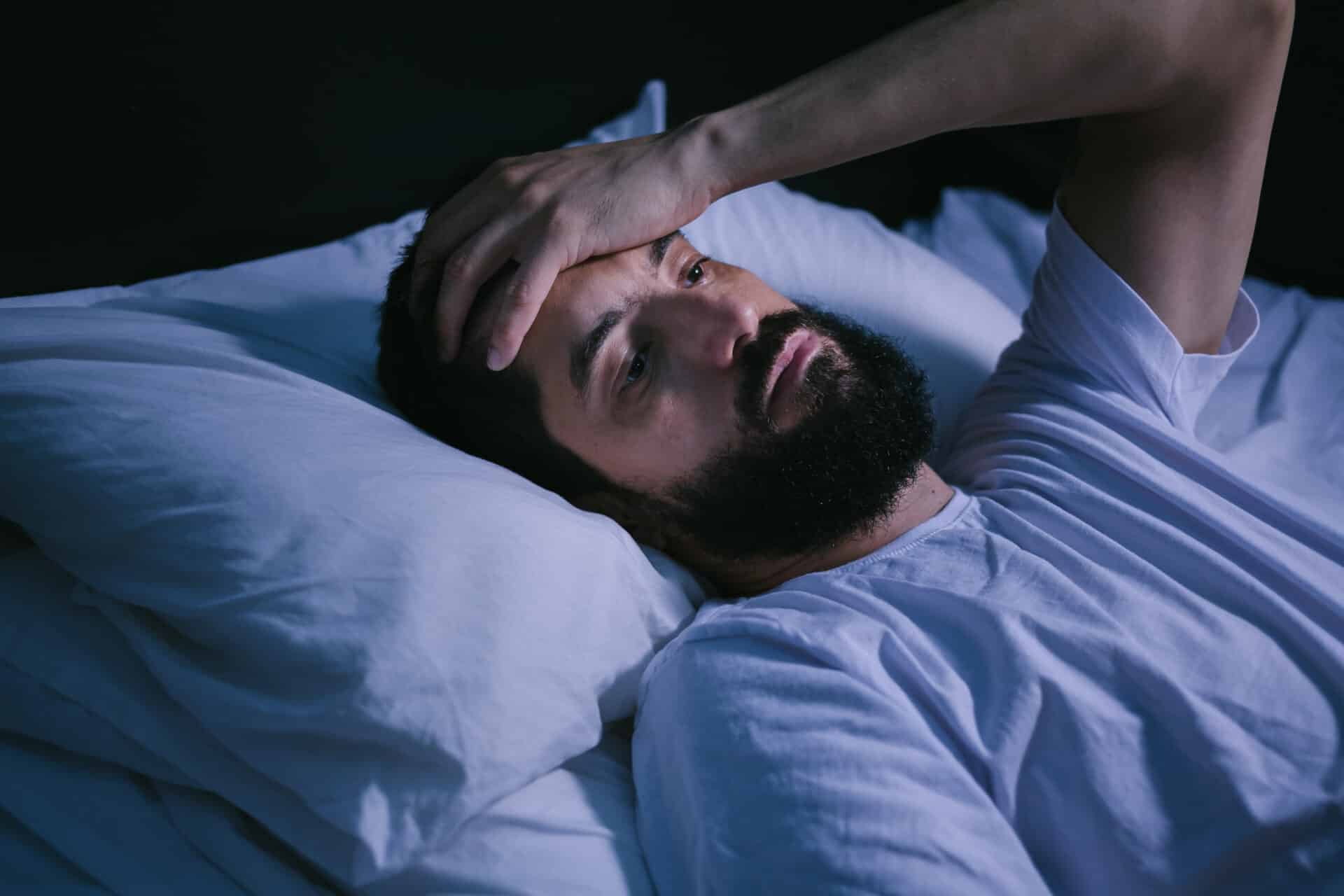
Insomnia Treatment
Tossing, turning, staring at the alarm clock – the inability to fall asleep can make each night an uncomfortable and distressing battle with wakefulness.
A third of all people will report having insomnia at some point in their life. One in ten will suffer from chronic insomnia – trouble sleeping that lasts three or more months.
The Sleep Practitioners team has decades of experience helping people get to sleep and stay asleep with insomnia treatments that go beyond a simple sleeping pill and attempt to address the root of what’s keeping them awake.
Insomnia Treatment Options From Sleep Practitioners
Many providers will treat insomnia the same way for every patient: administer a sleeping pill. While that may be a good short-term solution, the absolute best results come when a sleep doctor and patient work together to help treat the reason behind the insomnia.
Regardless of the reason, we’ll work with you to find an insomnia treatment that addresses the root cause. While we will often use sleep aids, such as sleeping pills, as tools to help you obtain relief while we continue to work on treating the underlying reason for your sleeplessness, sleep aids are always preferable as a temporary treatment only.
Effective long-term insomnia treatments may include things such as:
Cognitive Behavioral Therapy / Behavioral Modification Therapy
If your insomnia is the result of poor sleep habits, our team will work with you to help you identify those habits and recognize when you’re engaging in unhealthy sleep behaviors. We’ll then provide strategies to help you break those bad habits and adopt a healthier sleep regime, including:
- Setting and adhering to a consistent bedtime
- Avoiding certain foods and drinks before bed
- Identifying and avoiding practices that prevent you from falling asleep
- Engaging in healthier lifestyle practices that can also benefit your sleep
Eliminating Environmental Factors
Sometimes, it’s as simple as a set of earplugs. Many insomnia sufferers have become so accustomed to trying to sleep in an environment that is not conducive to sleep that they don’t even recognize the environmental factors keeping them awake. We’ll help you identify these factors and recommend practical insomnia “treatments,” such as taking steps to reduce outside noise, blocking out light, or replacing an uncomfortable mattress.
Other Insomnia Treatments as Needed
If your insomnia is due to another cause, we’ll help diagnose the problem. If it falls within our area of specialty, we’ll find the insomnia treatment you need to get to sleep; if it falls outside of our specialty, we’ll refer you to another physician, counselor, or other professional who can treat the underlying problem and return you to healthy, natural sleep sooner.
You’ve Tossed and Turned Enough. Let Us Help You Get Natural, Healthy Sleep.
Contact your primary care physician for a referral, or contact us for more information.
What Is Insomnia?
The most common sleep disorder, insomnia, is trouble falling or staying asleep through the night. Although the causes, symptoms, and treatments for insomnia can vary widely from person to person, one thing unites all insomniacs: their inability to fall or stay asleep negatively impacts their daily lives.
Common Symptoms of Insomnia
- Fatigue
- Inability to concentrate
- Memory issues
- Poor performance of daily tasks
- Moodiness and irritability
- Rash, aggressive activity
- Loss of energy and motivation
- Frequent errors or accidents
- Depression or anxiety
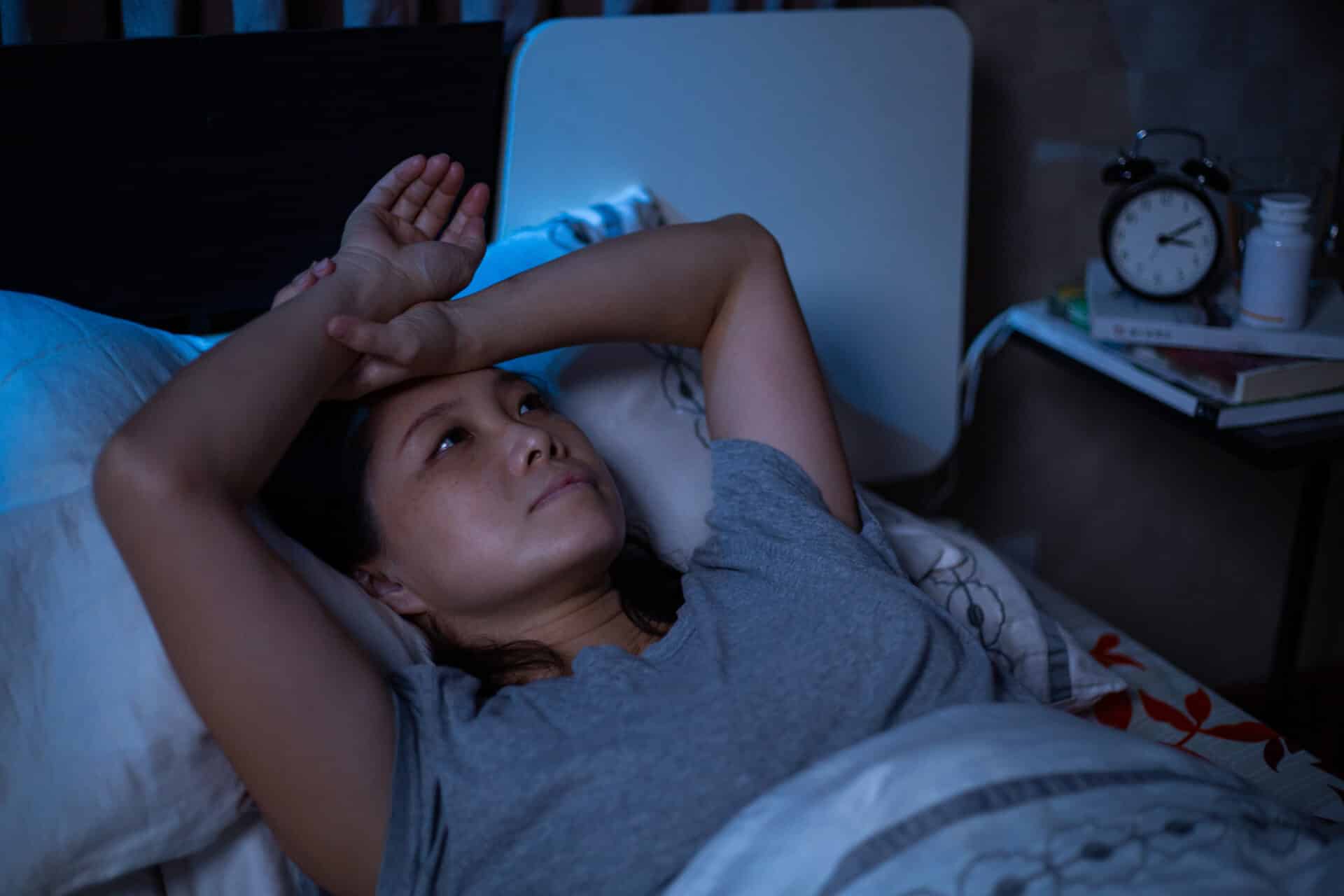
Two Types of Insomnia
Sleep specialists divide insomnia cases into two types:
- Short-term insomnia lasts for less than three months
- Chronic insomnia occurs at least three times a week and lasts for at least three months
What Insomnia Is Not
An occasional sleepless night isn’t insomnia. Failing to get restful sleep when you are in the middle of a crisis, expecting something exciting, or staying up too late is completely normal and something all people will encounter once in a while. It’s only considered insomnia if your inability to sleep lasts more than a few nights or if the symptoms of insomnia start to affect your everyday life.
What Causes Insomnia?
- Many cases of insomnia stem from poor sleep habits – inconsistent bedtime, watching TV right before sleep, unhealthy nighttime snacking, etc.
- Other causes are environmental – loud noises from outside, inadequate darkness, and uncomfortable bedding.
- For other patients, the causes may be less obvious – excessive stress, an untreated medical condition, medication or substance abuse, or other factors that can prevent you from getting the rest you need.
Let Sleep Practitioners Help You Get Better, Restful Sleep.
Contact your primary care physician for a referral, or contact us for more information.




